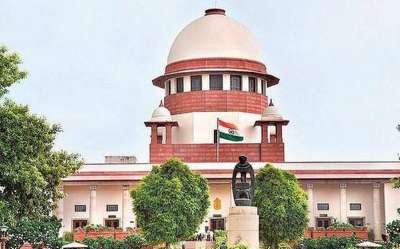
The plea, filed by Naidu, had called for the Centre to expedite the enumeration process to better address the needs of disadvantaged groups. Naidu argued that a comprehensive socio-economic caste census is crucial for tailoring effective welfare policies and ensuring equitable distribution of resources. However, the Supreme Court's decision underscores a separation between judicial oversight and administrative responsibilities.
India's last socio-economic caste census was conducted in 2011, and since then, there has been significant debate about the necessity and timing of a new survey. Proponents of the census argue that updated data is essential for identifying gaps in social and economic support systems. They assert that a fresh census would help in formulating targeted interventions and improving the allocation of government benefits.
Opponents, however, caution that conducting such a census is fraught with logistical and financial challenges. They highlight concerns over the accuracy and reliability of data collection, potential delays, and the substantial costs associated with a nationwide survey. Critics also emphasize the need to balance the benefits of new data with the potential disruption and resource allocation required for the census.
The Supreme Court's decision reflects a broader discourse on the role of judiciary in directing policy implementation. The court's ruling places the responsibility for initiating and managing the census firmly with the executive branch of the government. This decision aligns with a judicial philosophy that emphasizes the separation of powers, suggesting that policy matters should be addressed through legislative and administrative channels rather than through judicial mandates.
Following the court's decision, discussions are expected to continue regarding the future of the socio-economic caste census. Various stakeholders, including policymakers, social activists, and community leaders, will likely engage in ongoing debates about the necessity and methodology of a new census. The Indian government has faced increasing pressure to address these concerns, and the outcome of these discussions will shape future welfare strategies and resource allocation.
As the issue evolves, attention will remain focused on how the government addresses the call for updated data and what measures will be implemented to support marginalized groups. The debate over the socio-economic caste census highlights the complex interplay between governance, judicial oversight, and the quest for equitable social policies.
